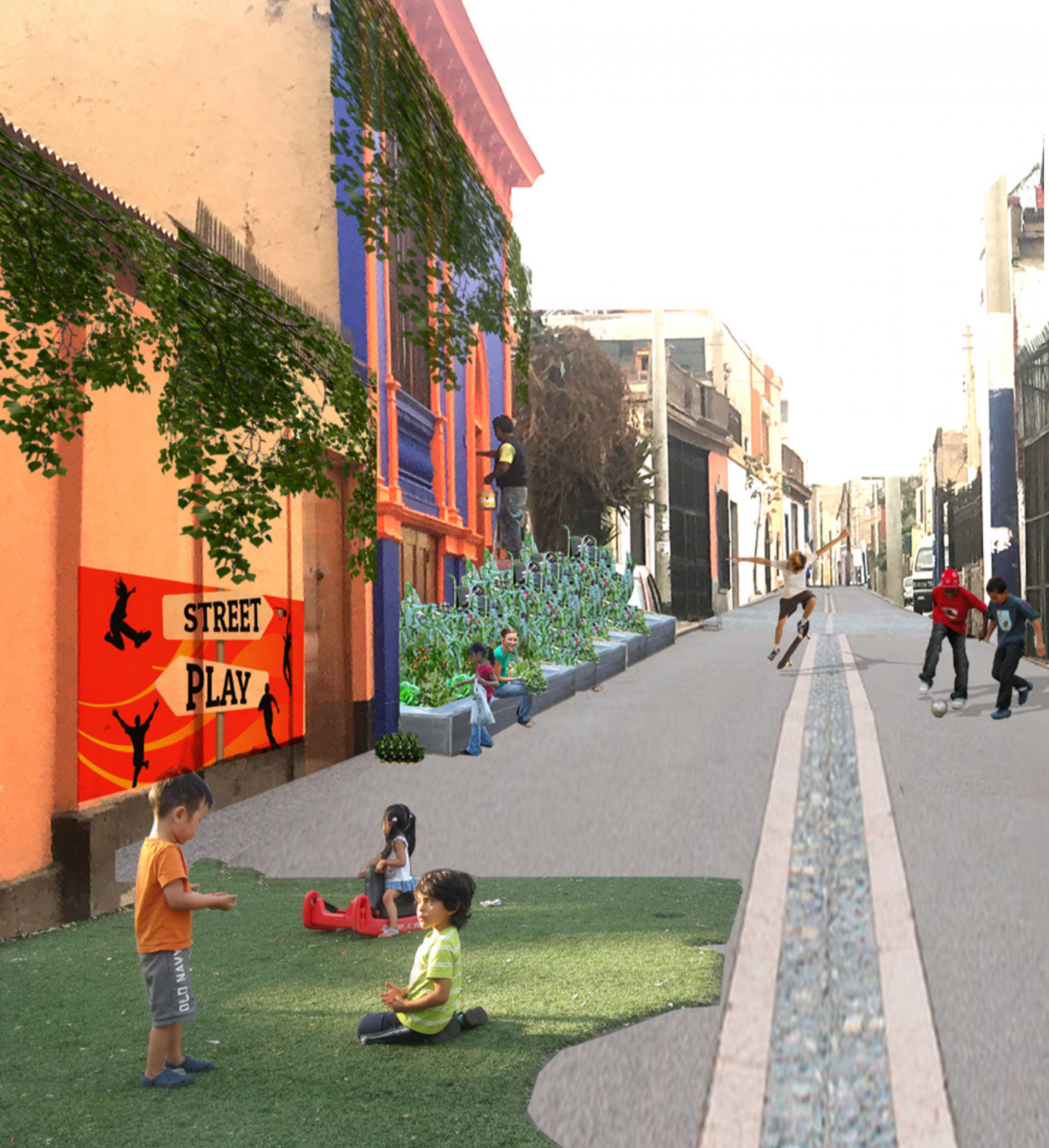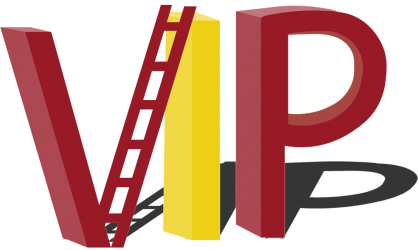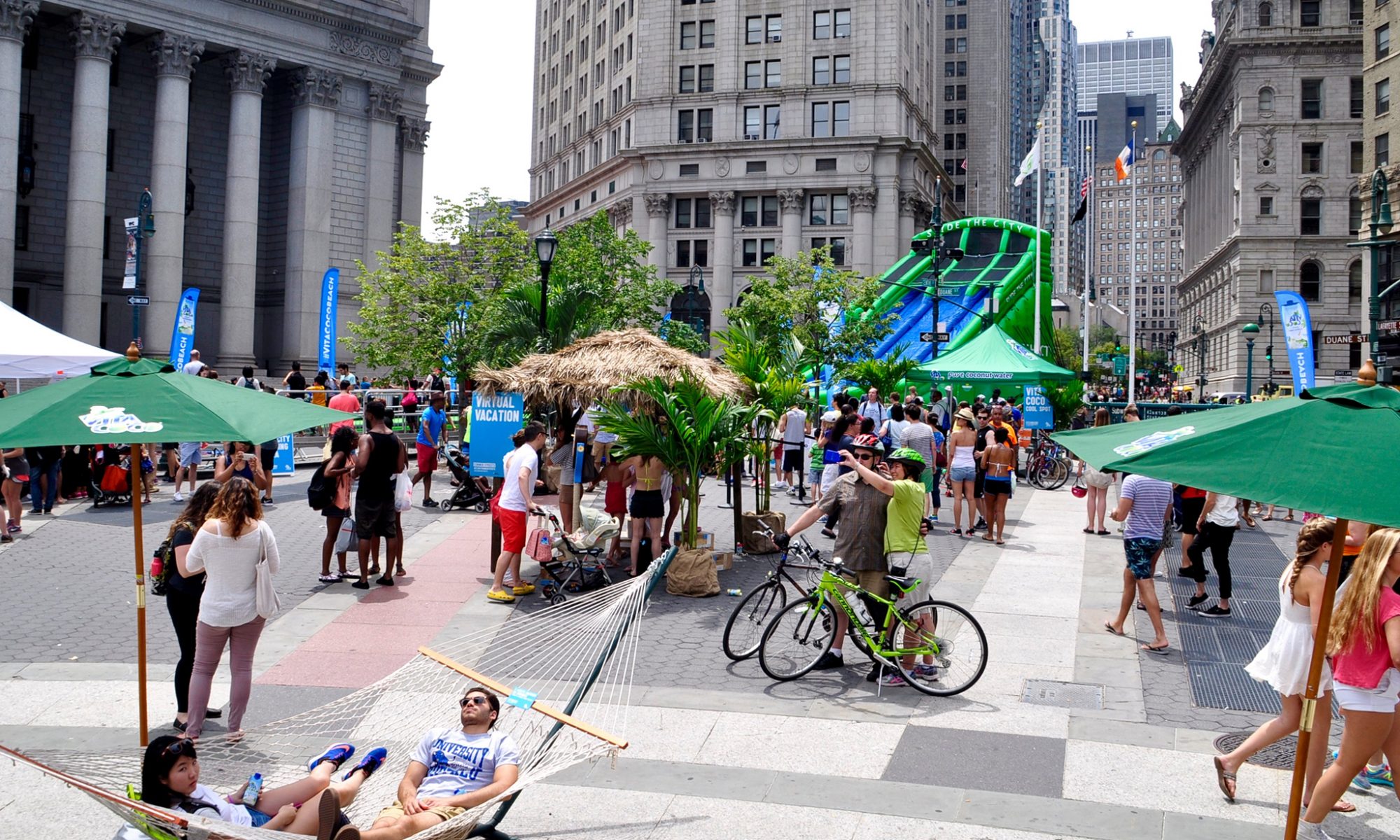L A 490i VIP Syllabus “City Leisure and Play” Download
Vertically Integrated Project Fall 2019 + Spring 2020
https://eprojects.isucomm.iastate.edu/la-vip-bs/
Ben Shirtcliff, Ph.D., Assistant Professor Landscape Architecture: bens@iastate.edu
Office Hours: By Appointment Monday and Friday 8:30 am to 11:30 am in Room 476.
IRB 19-312-00; IRB 15-477
Team Meeting: Tuesday 8:00 – 9:00 Room 76 Design
City Leisure and Play!
Inquiry into Urban Design for a more Prosocial City
Have you ever found yourself in the crowd on a random street cheering on a total stranger? Such human-supportive or prosocial encounters are known to occur within accommodating environments. Prosocial responses reflect environments that contribute to shared experiences amongst strangers and help build inclusive urban life. Further, such play includes children, adolescents, young people, adults, and elderly from all backgrounds. Urban design researchers study how the world around us, the built environment, helps to make those unexpected human connections possible. And, thanks to social media, countless examples of such performances are continuously posted online to share with others. The City Leisure and Play team (CLaP!) is looking for student researchers interested in the development of more prosocial cities. One of the unique opportunities of our team is that we will use social media as a form of data on public space. Our topic: how can we improve urban design to create more prosocial cities?
Prerequisite: Enthusiasm!
The bridge between social media and urban design opens the opportunity for students from multiple programs to actively participate in the topic of helping to make more prosocial cities. If you love people-watching, mapping, or working with industry to improve the human-responsive design process, then we’re the team for you! All are welcome who would like to see more time and space for city leisure and play.
About V I P
Iowa State Students have an extraordinary opportunity to participate in some of the most exciting and innovative efforts in the world! The VIP (Vertically Integrated Projects) is a new approach to weave together undergraduate student interest and faculty research. The goal is to give every student the opportunity to learn more and thoroughly explore the research process by working in teams and conducting hands on research experience. Are you ready to join my research team and create our own adventure!?
Teamwork: VIP’s operate in teams. The teams are:
Multidisciplinary – drawing students from disciplines across campus;
Vertically-integrated – maintaining a mix of sophomores through graduate students each semester;
Long-term – each undergraduate student may participate in a project for up to three years and each graduate student may participate for the duration of their graduate career.
Participate in the Research Process:
The continuity, technical depth, and disciplinary breadth of VIP teams are intended to:
- Provide the time and context necessary for students to learn and practice many different professional skills, make substantial contributions to the project, and experience many different roles on multidisciplinary VIP team.
- Support long-term interaction between the faculty, graduate, and undergraduate students on the team. Faculty and graduate students mentor the undergraduates as they work on VIP projects embedded in the faculty research.
- Enable the completion of large-scale projects that are of significant benefit to faculty members’ research programs.
Build Upon your Iowa State education: The (VIP) course is a research-for-credit opportunity for students to actively engage in the research process. Credits vary 1 – 2 based upon prior experience and role in the research project. Sophomore, Junior, and Senior undergraduate students are welcome to join with the expectation to work with the team for at least one full year. One of the benefits of the VIP is that it gives students the opportunity to participate in a topic for a year or more, gaining a richer experience and solid footing in the research process. Some students might choose to participate for multiple years and even work with the VIP team on their senior projects. Credits may count towards degree requirements depending on your major. Please consult with your adviser and ask them to contact me or Anna Slavina aslavina@iastate.edu. In this first pilot year, we will use Independent Study credits L A 490i but you may be able to register for independent study credits within your department.
City Leisure and Play Logistics
Goals and Learning Outcomes
Through the VIP students will:
- Learn and practice professional skills;
- Make substantial contributions to the team project;
- Experience different roles on a large, multidisciplinary team.
- Build self-confidence as a researcher,
Team Learning Outcomes:
Students in the L A 490i VIP course will address questions like:
- How could the success of public places to support spontaneous activities be an indicator of good urban design? Why are particular environments chosen as sites of play over others? How could play be enhanced or promoted through alternative urban design approaches? What is the value of play to building social connections and meaningful places in cities? The broad topic area gives students the opportunity to pursue their own interests and contribute to the team’s overall focus in how to improve urban design for more prosocial cities.
By the end of the year, students will become more proficient in:
- searching for relevant content through online sources
- coding observations of human activity
- mapping instances of play and leisure activity
- evaluating places for effective urban design practices
Schedule at a Glance
- Week 1: Introductions, Lab Notebook, IRB, and CITI Training
- Next 8 Weeks Training and Discussion. The research team breaks into sub-teams to master the four skills needed to conduct research in the City Leisure and Play team. Two weeks per sub-field. Team size depends on enrollment. Weekly sub-team meetings and bi-weekly team presentations.
- Searchers
- Coders
- Mappers
- Evaluators
- Remainder of Semester: student researchers select an area to specialize. Students might not be able to be in their first selection, but we’ll do our best to facilitate student interest.
Grading
The premise of VIP is teams working on projects. Much like a real-world design team, individual members work on different aspects of the project. Team members range from sophomores through graduate students, from first-time participants to students who have been involved for four or more semesters. Some students take the course for one credit, and others take it for two credits.
Your grade is based on three areas, along with three requirements. Although each student may work on different areas and contribute differently, you must show achievements in all three areas below.
- Documentation and records (33%)
- OneNote Notebook
- Blog documentation (WiKi’s, How To’s, Links to Similar Projects, etc.)
- Personal accomplishments and contributions to your team’s goals (33%)
- Quizzes, learning modules, essays, reports required by your adviser(s);
- Engagement in project;
- Pursuit of knowledge necessary for project;
- Contributions to the technical progress of the team;
- For more experienced members of the team, contributions to the management of the project may be expected.
- Teamwork and interaction (33%)
- On-time attendance in meetings
- Actively contributes to overall team goals
- Coordinates activities with other team members
- Assists other team members
- Team Presentation(s)
- Peer Evaluations
- As part of the assessment of the above, each student is required to:
- Maintain a OneNote notebook. We will share a OneNote Notebook and students will contribute to the team notebook as well as maintain their own pages for future reference.
- Complete the mid-term peer evaluation. The form will be posted to Canvas. Failure to complete the peer evaluation will result in a full letter grade deduction. Late submissions are not accepted.
- Complete the final peer evaluation on Canvas, which will be available for one week during Dead Week. Failure to complete the peer evaluation will result in a full letter grade deduction. Late submissions are not accepted.
Performance Assessments
| Performance assessment will be done through Canvas once at mid-terms and again at the completion of the semester. The mid-term assessment is advisory.
|
Ø Minute Paper
Ø Peer Evaluation using rubric Ø Self-Efficacy Questionnaire Ø Individual Performance Evaluation |
Notes on Documentation
| Notebook Maintenance | – Notebooks will be online through our team’s OneNote page. I will send you a link. Each student will have a section. Notebooks are available for everyone on the team to see and learn from each other.
– Your name, your project’s name, your contact info and your team members’ contact info are recorded on the cover or inside of the cover. – Each page or entry is dated and initialed. |
| To-Do List Maintenance | Maintain check-boxes for items to be done that are then checked-off and dated when done. |
| Meeting Notes | Detailed meeting notes that include check-boxes for items for which you are responsible and deadlines for your subteam and the overall team. |
| Blog / Team Wiki | Notes, instructions, protocols, etc. posted on our team blog. https://eprojects.isucomm.iastate.edu/la-vip-bs/ |
| Usability | Will your design notebook be of use to people who join the team later and need to refer to it? This includes legibility, intelligible technical and meeting notes, and overall organization. |
| Overall | An overall rating of your notebook. (Detailed design notes, design decisions, copies of or pointers to code that you wrote, records of important websites, etc.) |
| How Course Grades are Determined:
Numerical Values: |
|
| A x>94
A- 94>x>90 B+ 90>x>87 B 87>x>84 B- 84>x>80 C+ 80>x>77 |
C 77>x>74
C- 74>x>70 D+ 70>x>67 D 67>x>64 D- 64>x>60 F 60>x |
Academic Honesty
The main principle in VIP academic honesty is that you will not present someone else’s work as your own. Tests and specific assignments (homework, lab assignments, etc) must be your own work. For other work you are encourage to consult whatever sources are helpful in learning and understanding the issues associated with the material, but you should always provide appropriate references and citations where such material is included in your design notebook, programming code, presentations, etc.
Additionally, to provide a good working environment for all students, you’re expected to adhere to rules given here, posted, or disseminated in class. Academic Honesty is taken seriously and failure to follow these principles will result in disciplinary actions as given in the Student/Faculty Handbook.
Labs and Facilities
Our VIP has space in the Kies Research Suite, room 62. I will register each of you to have key card access Card access is logged and rooms are video recorded. Be aware that if there is a problem (theft, vandalism, or simply a mess left in a room), the logs and video records will be consulted. Do not allow unknown people to access the Kies facility. Be sure to secure the facilities (i.e., close the door) when you leave. The space is used by other researchers, so a good neighbor policy on using the rooms applies. If you need to access computers, equipment, or work on project work in the room while other activities are going on (sub-team meetings, etc.), you are welcome to do so as long as it does not disrupt a scheduled activity. VIP participants may use the rooms for other activities such as studying. Everyone is expected to pitch in to keep the rooms clean. Faculty/team advisors appreciate having a clean workspace. Food is allowed in the rooms but please clean up after yourself.


